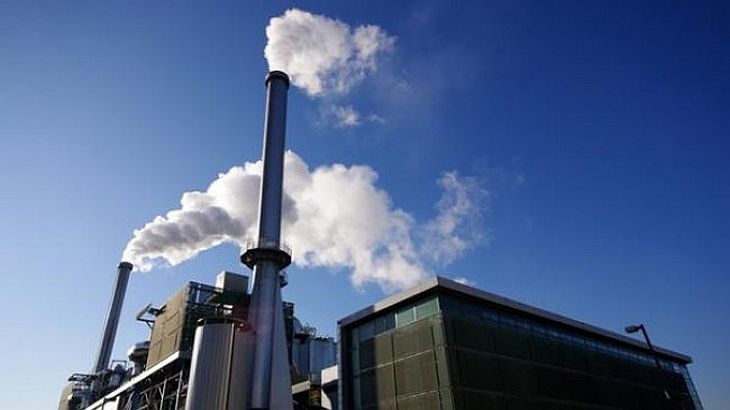Central and Eastern European countries have earmarked more than half of EU funds for waste to incineration and landfill, in spending plans that also give cash to fossil fuel industries, according to analysis by climate campaigners.
The funding plans will not convince investors to back renewable and low-carbon technologies or give a strong enough signal to spur the transition to a Circular Economy, despite a quadrupling in energy efficiency spending, Friends of the Earth Europe and CEE Bankwatch Network said in a report launched on 11 December, according to EurActiv.com.
Poland, the Czech Republic, Hungary, Slovakia, Latvia, Estonia, Lithuania and Croatia are allocated a total €146 billion from the EU budget for Regional Development and Cohesion spending. The funds account for about a third of EU spending, second only to the Common Agricultural Policy.
The countries have submitted draft spending plans for 2014-2020, which are subject to change, for their use of EU money. The plans will be finalized after negotiations with the European Commission, except in the case of Latvia and Estonia. Latvia and Estonia’s operational programs have been backed by the executive.
Plans are evaluated against 11 objectives, including the transition to a low-carbon economy. The shift is a central objective of the new 2014-2020 regional policy enshrined in partnership agreements signed with member states.
The EU budget for 2014-2020 also contains an agreement that at least 20% of funds would be used to fight climate change. This ring-fenced spending should encourage high-carbon EU countries whose governments don’t prioritize climate spending to change, campaigners said.
But the governments planned to use the money for fossil fuel and resource-intensive projects, locking them into “dirty energy futures”, said Markus Trilling, EU funds coordinator at Bankwatch and Friends of the Earth Europe.
The European Commission said negotiations on some spending plans could continue until the middle of next year. It confirmed that a significant increase in energy efficiency spending was expected, while renewable energy support would remain the static.
The shift to a low-carbon and energy secure economy was at the top of the EU agenda and EU regional development and cohesion policy would make an important contribution to achieving it, the executive added.
Main source of public development funding
Friends of the Earth Europe and CEE Bankwatch Network compared the draft spending plans for 2014-2020, to how the funds were last allocated, seven years ago.
EU funds were often the main source of public development funding in the analyzed countries, the report said. But the current plans would not catalyze the shift to a low-carbon economy, did not give investors the certainty they need to back green projects, and would prevent the countries meeting their 2020 Climate and Energy targets.
Energy efficiency spending has quadrupled across the eight countries, with the biggest gains coming in the Czech Republic, Poland, and Slovakia.
But incineration and landfilling projects are earmarked for more funds than waste prevention, reuse, reduction and recycling. €1.18 billion is set aside for household waste, including incineration and landfill. About €1.1 billion is earmarked for waste sorting, minimizing and recycling, with €403 million for commercial, industrial and hazardous waste.
High-carbon industries still receive funds. Estonia and Poland are planning a substantial amount of fossil infrastructure, according to the report. Fossil fuels make up more than 20% of the energy infrastructure funded by the EU Budget.
Renewables spending has stayed the same over the last seven years. In the Czech Republic in particular, it is declining. Much, almost all in Estonia, Latvia and Lithuania, of the renewables funding is slated for biomass projects. The report said such projects were potentially environmentally damaging.
In transport, roads are set to receive more than half of the funds, rail about a quarter, and only marginal amounts for clean urban transport.
